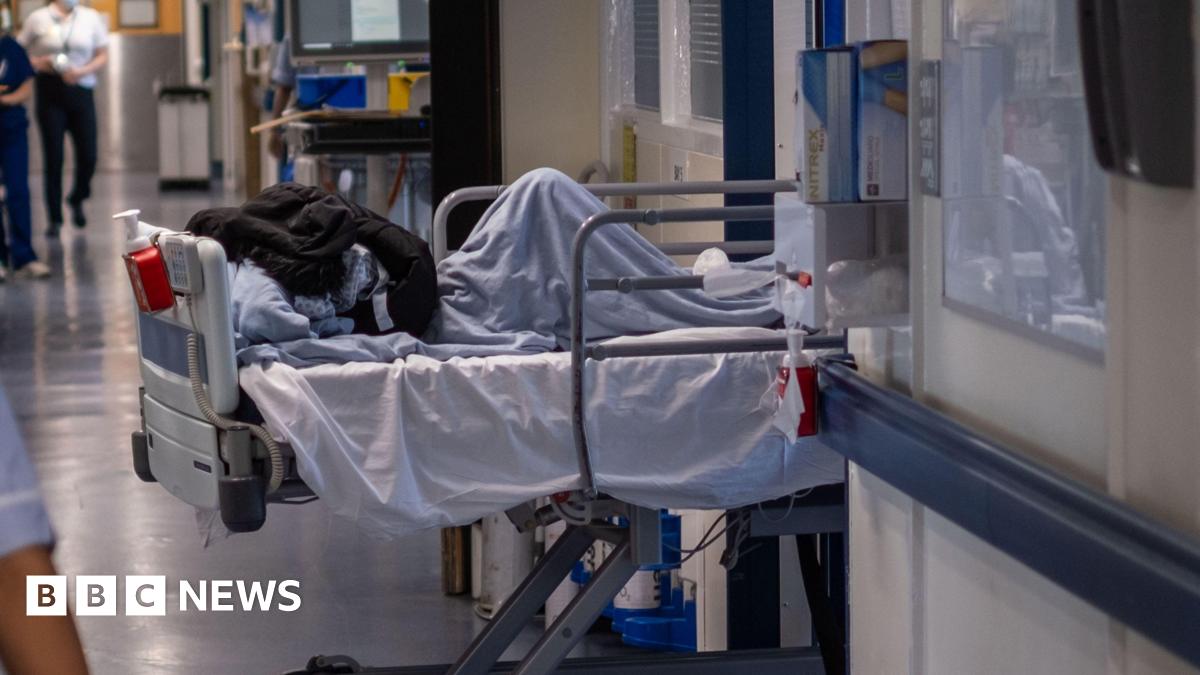Digital Divide in Healthcare: Lack of Wi-Fi Creates 'Health Barrier' for Ethnic Minorities in Cumbria

Bridging the Digital Gap: Ensuring Equitable Healthcare Access for All
A groundbreaking new report has highlighted a critical issue impacting ethnic minority communities in Cumbria, North and West England: the lack of reliable Wi-Fi access is creating a significant 'health barrier.' This digital divide is severely hindering their ability to utilize essential translation services, ultimately impeding their access to basic healthcare. The findings underscore the urgent need for intervention and investment to ensure equitable healthcare for all residents, regardless of their background or location.
The Problem: Translation and Access
In an increasingly digital world, healthcare providers are relying on online translation tools to effectively communicate with patients who speak different languages. However, for many ethnic minority individuals in Cumbria, particularly those residing in more remote areas, consistent Wi-Fi access is a luxury they simply don't have. This lack of connectivity prevents them from utilizing these vital translation services, leading to misunderstandings, misdiagnoses, and ultimately, poorer health outcomes.
The report emphasizes that this isn't just about convenience; it's about fundamental access to care. Without accurate translation, patients may struggle to understand their diagnoses, treatment plans, and medication instructions. This can lead to non-compliance, increased hospital readmissions, and a general distrust of the healthcare system.
Impact on Ethnic Minority Communities
Ethnic minority communities in Cumbria are disproportionately affected by this digital health barrier. Many live in areas with limited infrastructure and face socioeconomic challenges that further exacerbate the problem. The report identifies that the problem is especially acute in North and West Cumbria, where rural areas often struggle with reliable internet connectivity.
“The lack of Wi-Fi is not just an inconvenience; it’s a serious impediment to healthcare access for some of our most vulnerable residents,” stated a spokesperson for the research team. “We need to prioritize investment in digital infrastructure and explore alternative solutions to ensure everyone can receive the care they need.”
Potential Solutions: A Multifaceted Approach
Addressing this issue requires a multifaceted approach involving collaboration between healthcare providers, local authorities, and telecommunications companies. Some potential solutions include:
- Expanding Wi-Fi Infrastructure: Prioritizing the rollout of reliable, affordable Wi-Fi in underserved areas.
- Providing Mobile Hotspots: Equipping healthcare facilities with mobile hotspots to offer temporary internet access to patients.
- Offline Translation Tools: Utilizing offline translation apps and resources for healthcare professionals.
- Community Outreach Programs: Educating ethnic minority communities about available resources and providing digital literacy training.
- Exploring Alternative Communication Methods: Offering in-person interpreters and culturally sensitive communication strategies.
Looking Ahead: A Call to Action
The findings of this report serve as a crucial wake-up call. Bridging the digital divide in healthcare is not just a technological challenge; it’s a matter of social justice and equity. By investing in digital infrastructure, providing access to translation services, and fostering culturally sensitive communication, we can ensure that all residents of Cumbria have the opportunity to live healthy and fulfilling lives. Failing to address this issue will only perpetuate health inequalities and leave vulnerable communities further behind.


:max_bytes(150000):strip_icc()/Health-GettyImages-DrinksForGutHealth-e0c1f46d4d5543f2b0da68f4dba39d24.jpg)



